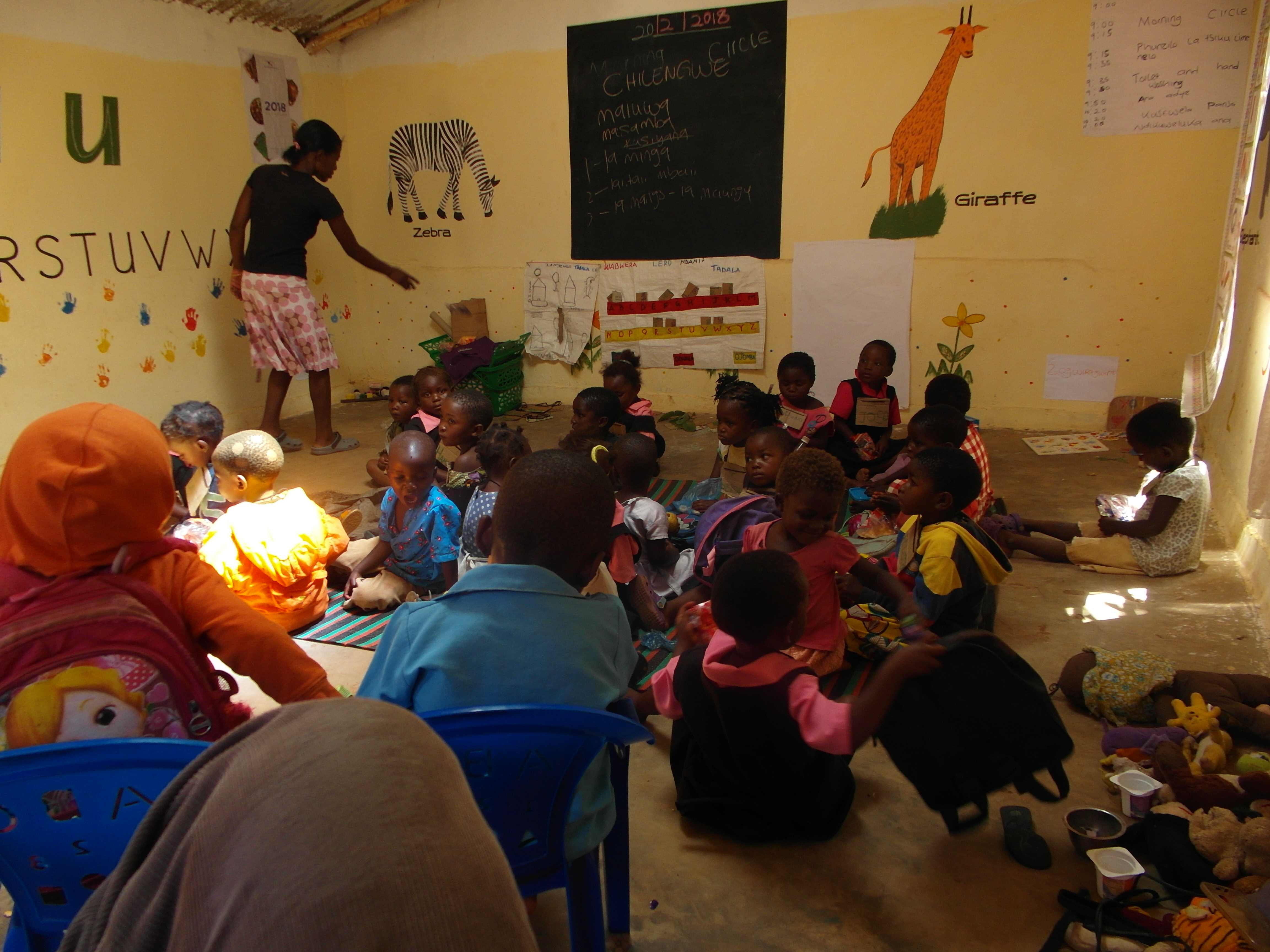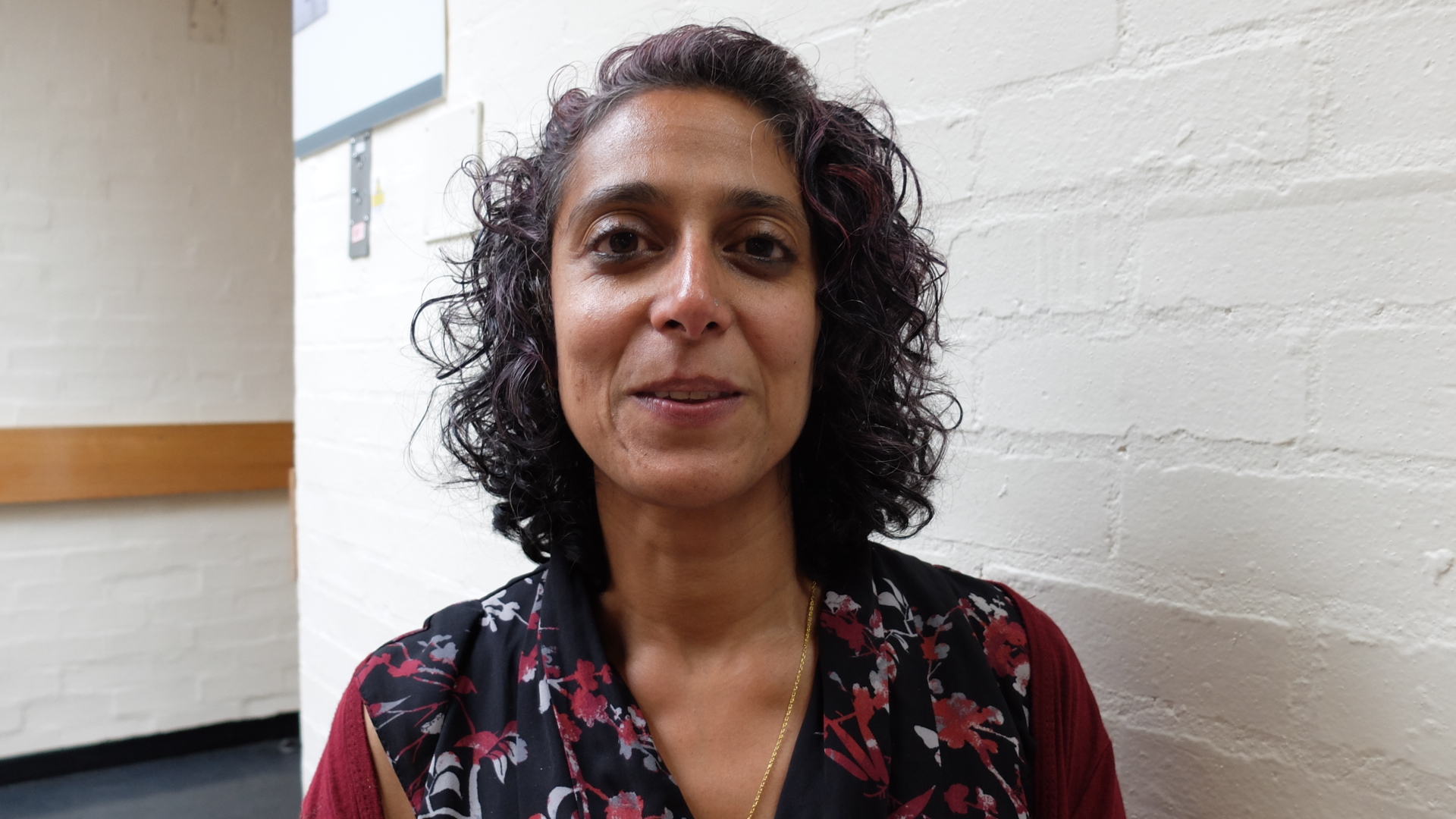
Around a billion people in the world live with a disability, according to the World Report on Disability, with at least 10 per cent of them children. This means that some 53 million children aged up to five years have disabilities, and they are among the most marginalised and excluded groups in society, disproportionately vulnerable to issues such as poverty, violence, abuse and neglect.
Nearly all these children – 95 per cent of them, to be precise – live in low income-countries where such issues already abound, and are compounded by food insecurity and malnutrition. They are the most likely to fall behind their peers during early childhood, so there is a strong argument for intervening at this time - not only to support development and learning outcomes, but also to improve the mental and physical health of the children and their families, plus enhance community cohesion and economic growth.

Research project
This is the background to our two-year research project. This has been set up to explore inclusion and participation of children with disabilities in early childhood education in Malawi. Why this particular country? Quite simply, it is one of the least developed in the world, with over half the population living below the poverty line and gross national income per head at $360 (less than one per cent of the UK’s $41,700 figure). The link between poverty and disability is inextricable: not only does disability cause poverty, but those who are chronically poor are more likely to have a disability through reduced nutrition, ill health and injuries.
There are no quick fixes to the food security and nutrition problems that exist in this corner of Africa, with an estimated 85 per cent of the population relying on subsistence farming to earn a living. Food productivity, income and the variety of foods available are all low, and as a result, many children are malnourished: there are 42 deaths for every 1,000 live births, and government figures state that over a third of under-fives are stunted (short for their age, a sign of chronic under-nutrition), 3 per cent are wasted (thin for their height, indicative of acute under-nutrition) and 12 per cent are underweight.
However, access to early childhood centres is rising, having gone from under 3 per cent in 2000 to over 45 per cent in 2015, but many still miss out, with a significant number of these children with special needs and disabilities.
So far the research project, funded by the British Academy and undertaken jointly by an interdisciplinary team representing health, education and early childhood from the Universities of Birmingham and Malawi, has reviewed some 80 articles detailing how children with disabilities and their families are supported in Malawi and other similar countries across the globe.
The next stage will involve mapping out how health, social welfare and education can work together, both nationally and at a district level, before attention turns to exploring what is going on at a grassroots level.
The aim is to identify examples where, in just one district of Malawi, practice has successfully supported the access, transition and retention of children with disabilities into community-based childcare settings (CBCCs; where children aged three to five years attend) and primary education, both from the home and from other settings. This, in turn, will help develop services more broadly across the country, helping children and their families.
 Anita Soni is an educational psychologist specialising in early years, University of Birmingham
Anita Soni is an educational psychologist specialising in early years, University of Birmingham









